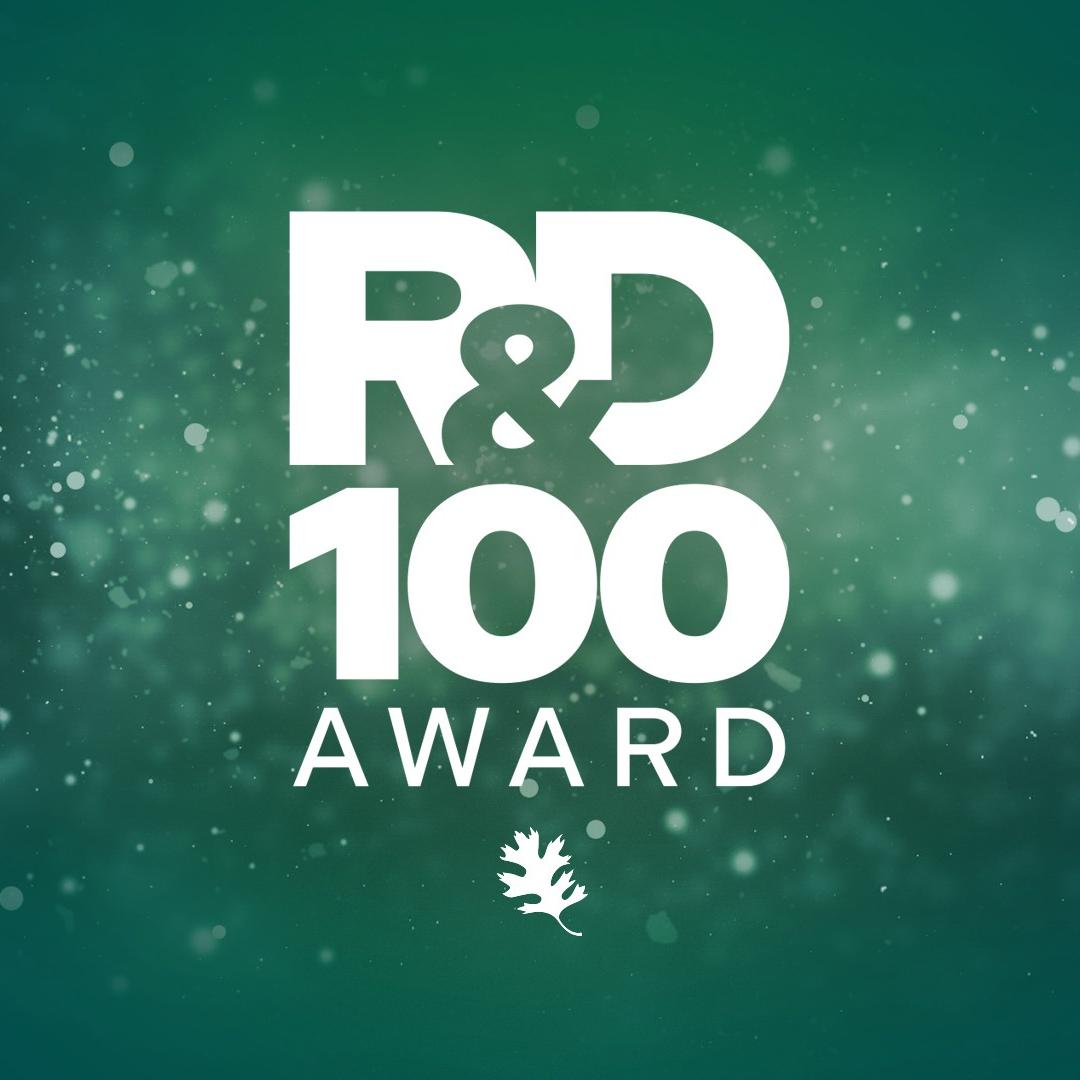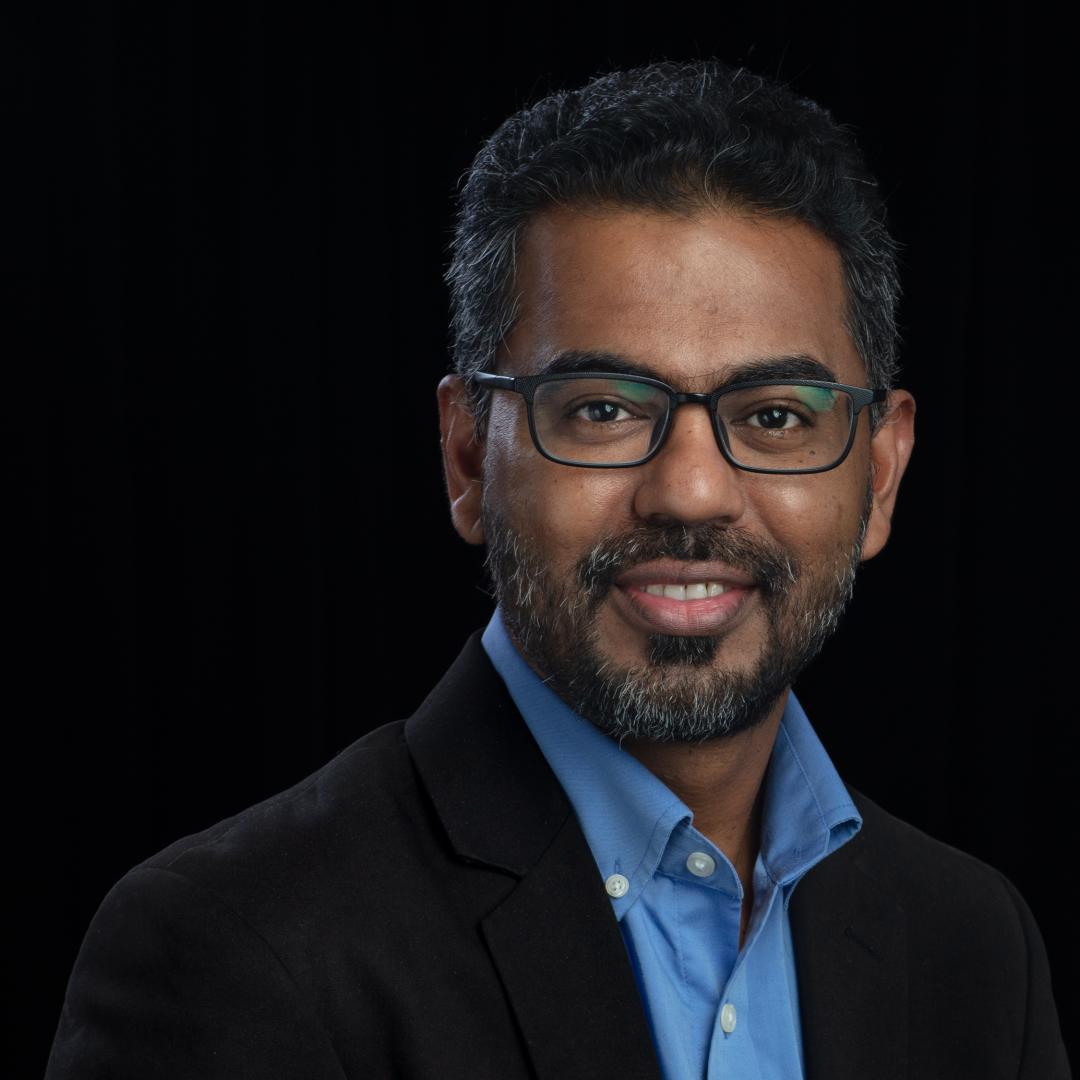
Filter News
Area of Research
News Type
News Topics
- 3-D Printing/Advanced Manufacturing (13)
- Advanced Reactors (2)
- Artificial Intelligence (17)
- Big Data (6)
- Bioenergy (7)
- Biology (10)
- Biomedical (4)
- Biotechnology (4)
- Buildings (8)
- Chemical Sciences (9)
- Climate Change (8)
- Composites (4)
- Computer Science (15)
- Critical Materials (3)
- Decarbonization (12)
- Education (1)
- Emergency (1)
- Energy Storage (3)
- Environment (11)
- Exascale Computing (7)
- Fossil Energy (2)
- Frontier (7)
- Fusion (6)
- Grid (6)
- High-Performance Computing (10)
- Isotopes (8)
- Machine Learning (5)
- Materials (10)
- Materials Science (12)
- Mathematics (3)
- Microscopy (2)
- Nanotechnology (1)
- National Security (15)
- Net Zero (3)
- Neutron Science (7)
- Nuclear Energy (8)
- Partnerships (12)
- Physics (5)
- Polymers (1)
- Quantum Computing (9)
- Quantum Science (12)
- Security (2)
- Simulation (10)
- Space Exploration (3)
- Statistics (1)
- Summit (5)
- Sustainable Energy (13)
- Transportation (3)
Media Contacts

Students from the first class of ORNL and Pellissippi State Community College's joint Chemical Radiation Technology Pathway toured isotope facilities at ORNL.
ORNL drone and geospatial team becomes first to map the Coca River in the Amazon basin as erosion and sediment threaten Ecuador’s lands.
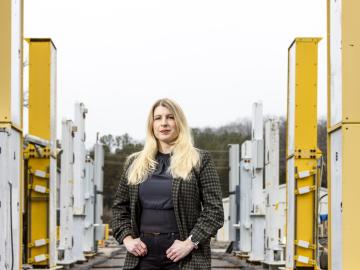
Researchers tackling national security challenges at ORNL are upholding an 80-year legacy of leadership in all things nuclear. Today, they’re developing the next generation of technologies that will help reduce global nuclear risk and enable safe, secure, peaceful use of nuclear materials, worldwide.

A team of researchers including a member of the Quantum Science Center at ORNL has published a review paper on the state of the field of Majorana research. The paper primarily describes four major platforms that are capable of hosting these particles, as well as the progress made over the past decade in this area.

A team led by researchers at ORNL explored training strategies for one of the largest artificial intelligence models to date with help from the world’s fastest supercomputer. The findings could help guide training for a new generation of AI models for scientific research.
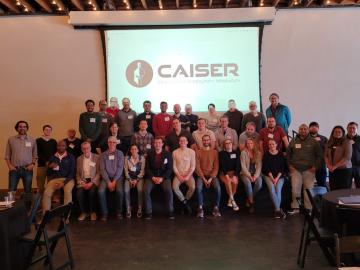
Researchers at the Department of Energy’s Oak Ridge National Laboratory met recently at an AI Summit to better understand threats surrounding artificial intelligence. The event was part of ORNL’s mission to shape the future of safe and secure AI systems charged with our nation’s most precious data.
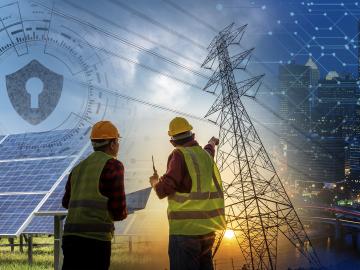
ORNL researchers have teamed up with other national labs to develop a free platform called Open Energy Data Initiative Solar Systems Integration Data and Modeling to better analyze the behavior of electric grids incorporating many solar projects.
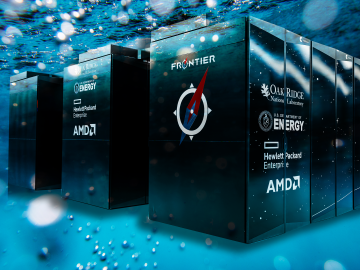
When scientists pushed the world’s fastest supercomputer to its limits, they found those limits stretched beyond even their biggest expectations. In the latest milestone, a team of engineers and scientists used Frontier to simulate a system of nearly half a trillion atoms — the largest system ever modeled and more than 400 times the size of the closest competition.
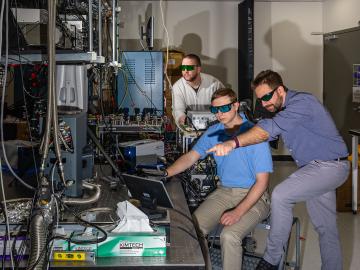
ORNL scientists are working on a project to engineer and develop a cryogenic ion trap apparatus to simulate quantum spin liquids, a key research area in materials science and neutron scattering studies.
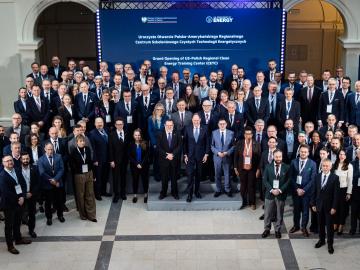
Four ORNL researchers traveled to Warsaw, Poland, during the first week of April to support the opening of Poland’s first Clean Energy Training Center, a regional hub dedicated to providing workforce development and training to expand new nuclear


